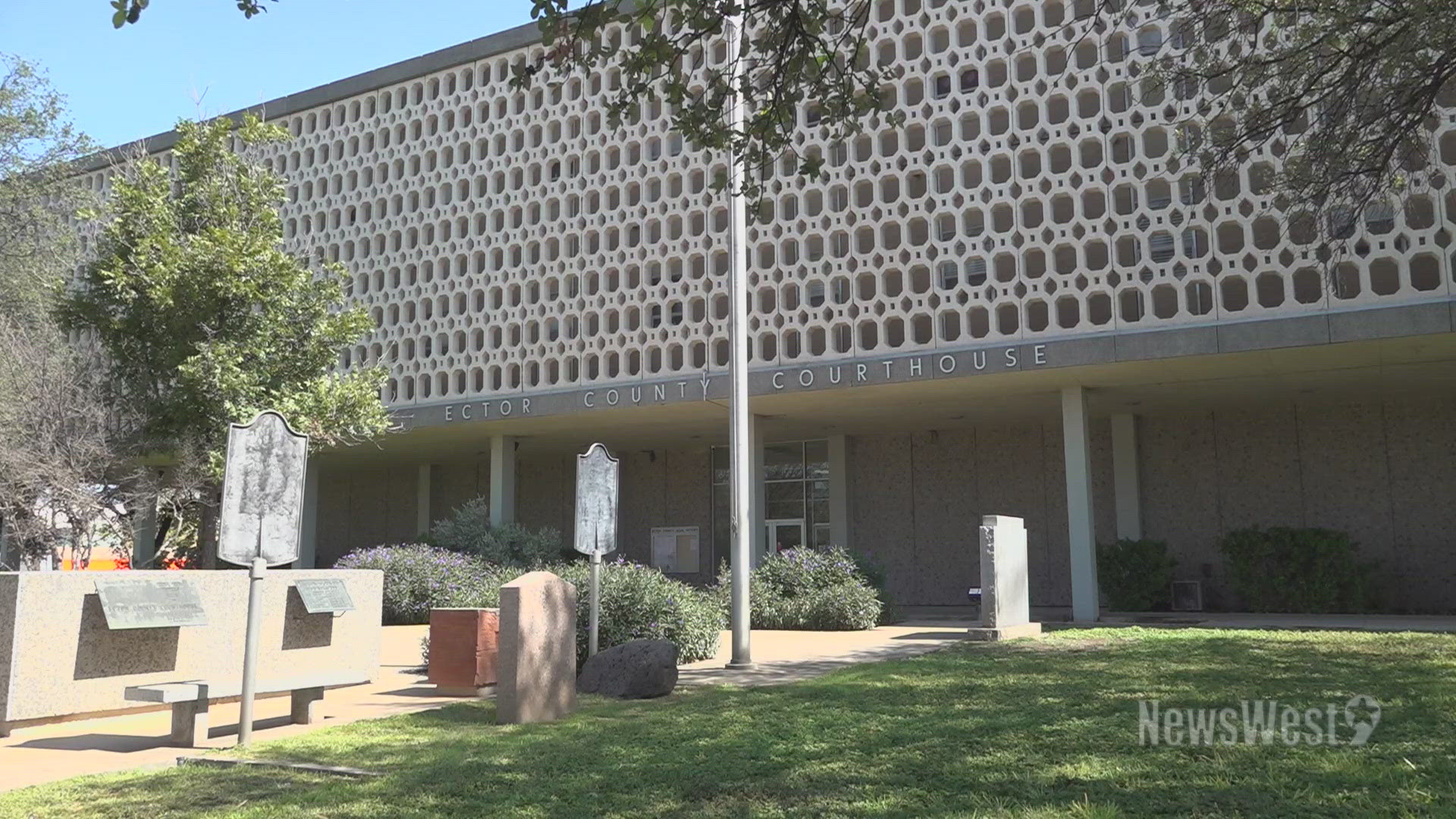ECTOR COUNTY, Texas — The Ector County Commissioners Court unanimously approved a $325 million certificate of obligation to fund the construction of a new courthouse and juvenile detention center, bypassing a public vote.
The decision addresses long-standing infrastructure needs but has sparked concerns among residents who feel excluded from the process.
“All five members of the Commissioners Court voted to issue the certificate of obligation for $325 million for both a courthouse and the juvenile detention facility,” Judge Dustin Fawcett said during the meeting.
Mixed Reactions from Residents
Public comment revealed widespread agreement on the need for new facilities, though some residents expressed frustration about the lack of voter involvement.
“I just feel like we should have been asked about it,” Ector County resident Larry Robinson said. “We have a great need for a courthouse and a juvenile center, but I spoke with the judge three years ago, and he said this wouldn’t happen without voter approval. That did not happen.”
In response, Fawcett highlighted the importance of moving forward quickly and pledged to involve the community in the next phases of the project.
“We will have at least monthly meetings of the Commissioners Court to receive updates from the design-build team,” Fawcett said. “Starting in the new year, we’ll host town halls throughout the county where residents can see presentations and share their input.”
Concerns Over Debt and Oversight
Samantha Russell, who will soon join the Commissioners Court representing Precinct Three, expressed her reservations about the process.
“I was disappointed because I believe any large debt like $325 million should be voted on by taxpayers,” Russell said. “I’m not a fan of certificates of obligation because they’re often abused. However, it passed today, and I’ll work hard to ensure we stay within budget and provide the best facilities possible at a cost-friendly price.”
Taxpayer Impact and Transparency
The funding decision is expected to result in a $14 monthly property tax increase for homeowners. However, Fawcett said the financial burden could lessen as the county’s tax base grows.
“With the continued economic growth in Ector County, including oil and gas developments and new housing, the actual impact on taxpayers is expected to decrease over the next five years,” Fawcett said.
To maintain transparency, the Commissioners plan to publish detailed cost breakdowns and explore community involvement in the design process.
“My hope is to engage students from ECISD in the design process, perhaps contributing drawings for the courthouse or the downtown park,” Fawcett added.
A Commitment to Progress
Despite the controversy, Fawcett emphasized the importance of moving forward.
“This is the people’s courthouse, and they will help us build it,” Fawcett said. “This funding mechanism allows us to begin now rather than waiting another year. It’s a done deal, and we’re committed to creating a courthouse Ector County citizens deserve.”
The county expects to have the funds available by Dec. 19, paving the way for construction to begin on a project that will shape the future of Ector County.

